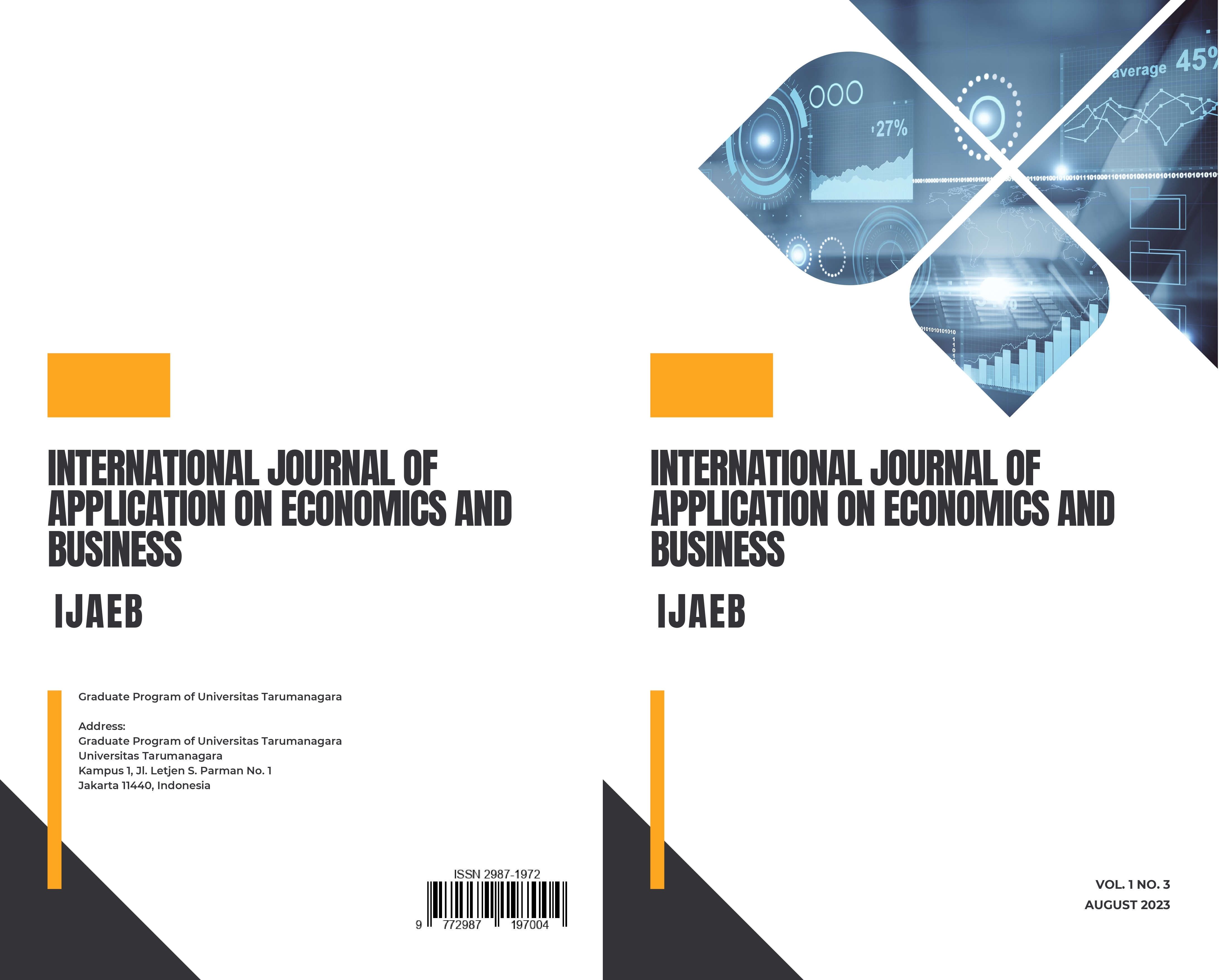ANALYSIS OF THE EFFECT OF INTEGRATING DIGITAL GAME-BASED DECISION-MAKING INTO THE APPROPRIATE TEACHING OF BUSINESS ETHICS
Main Article Content
Abstract
As the increasing emphasis of game-based learning on teaching strategies, many researchers in dictated that implanting game-based learning strategies, which include the enjoyment and tasks for student to pass, in the digital learning system can guide students to enhance their learning motive to win game. Many teaching strategies were developed to improve programming skills instead of traditional business ethical class lecture. Among them, game-based learning are applied to enhance students learning. Nonetheless, they fail to engage students in deep thinking and reflections. To cope with this issue, a two-tier test-based learning system is proposed to enhance students’ learning performances and the flow experience in business ethical courses in this study.
Article Details

This work is licensed under a Creative Commons Attribution-NonCommercial-ShareAlike 4.0 International License.
This journal provides immediate open access to its content on the principle that making research freely available to the public supports a greater global exchange of knowledge.
IJAEB by Graduate Program of Universitas Tarumanagara is licensed under a Creative Commons Attribution-NonCommercial-ShareAlike 4.0 International License.. Permissions beyond the scope of this license may be available at https://journal.untar.ac.id/index.php/ijaeb
References
D. F. Treagust, & F. Haslam (1987). Diagnosing secondary students’ misconceptions of photosynthesis and respiration in plants using a two-tier multiple choice instrument. Journal of Biological Education, 21, pp. 203-211
D.F. Treagust, (1988). Development and use of diagnostic tests to evaluate students’ misconceptions in science. International Journal of Science
H.-C. Chu, J.-M. Chen, J.-R. Liao (2017), The Effect of Action Game-Based Learning Mode Based on A Two-Tier Test on Students’ Learning Motivation and Flow Experience. Educational Technology&Learning, 5(1), p.28. https://doi.org/10.1016/ j.econedurev.2021.102141.
A. L. Odom, & L. H. Barrow, (1995). Development and application of a two-tire diagnostic test measuring college biology students’ understanding of diffusion and osmosis after a course of instruction. Journal of research in Science Teaching, 32, 45-61.http://dx.doi.org/10.1002/tea.3660320106
D. F. Tregust, (1995). Diagnostic assessment of students science knowledge. In S. M. Glynn & R. Duit(Eds.), Learning science in the schools: Research reforming practice, pp.327-346. New Jersey: Lawrence Erlbaum Associates.



